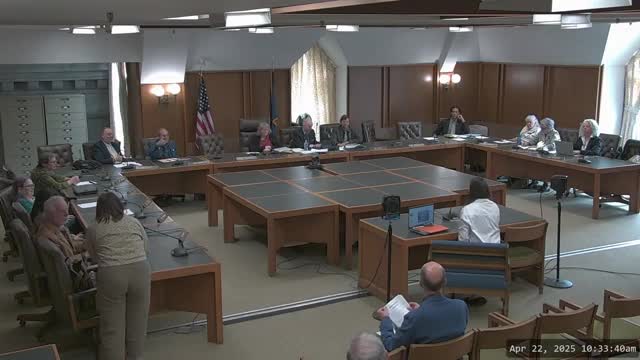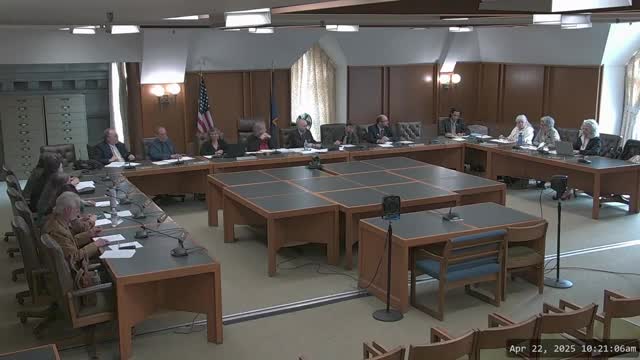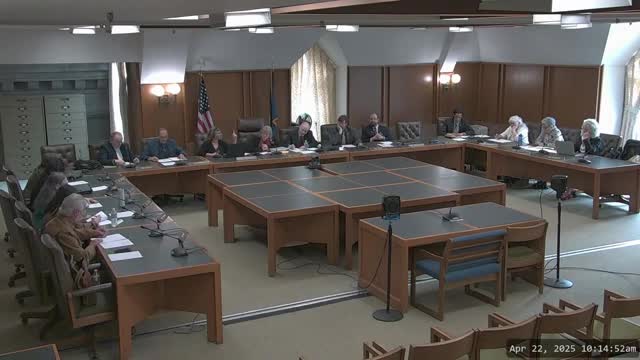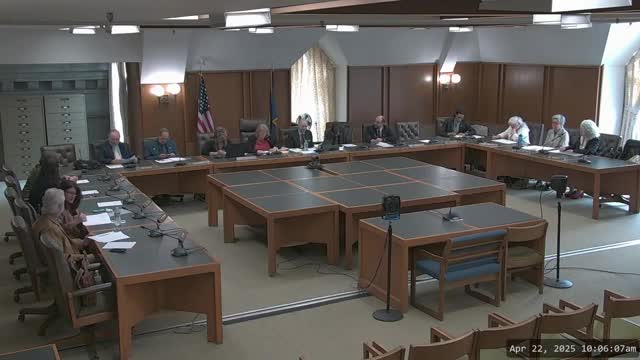Article not found
This article is no longer available. But don't worry—we've gathered other articles that discuss the same topic.

New Hampshire Food Alliance unveils statewide food and agriculture strategic plan with 143 recommendations

Committee approves study of private animal boarding after testimony about kennel problems

Committee advances bill to allow retail sale of bison, red deer and elk meat; vote places bill on consent

